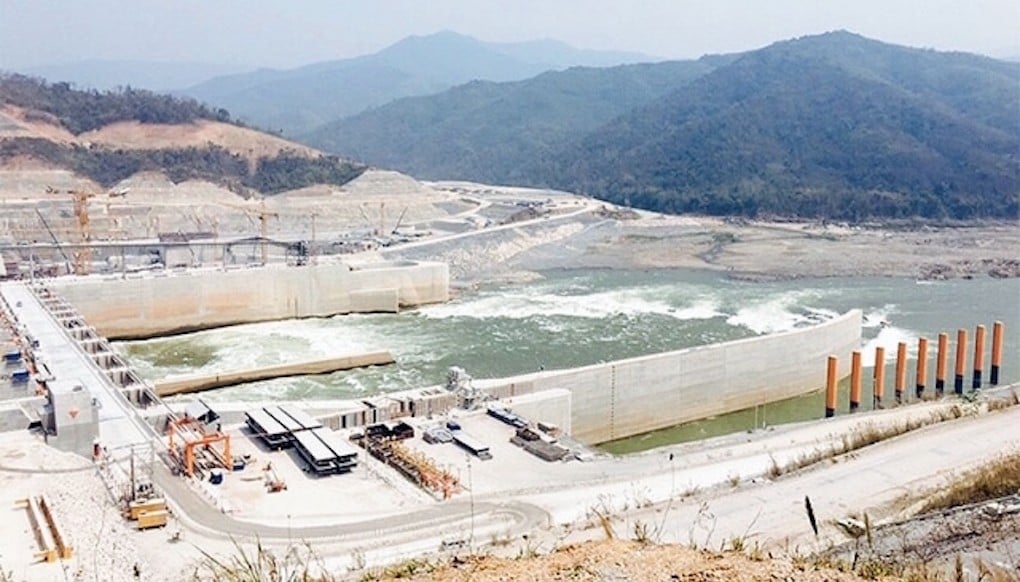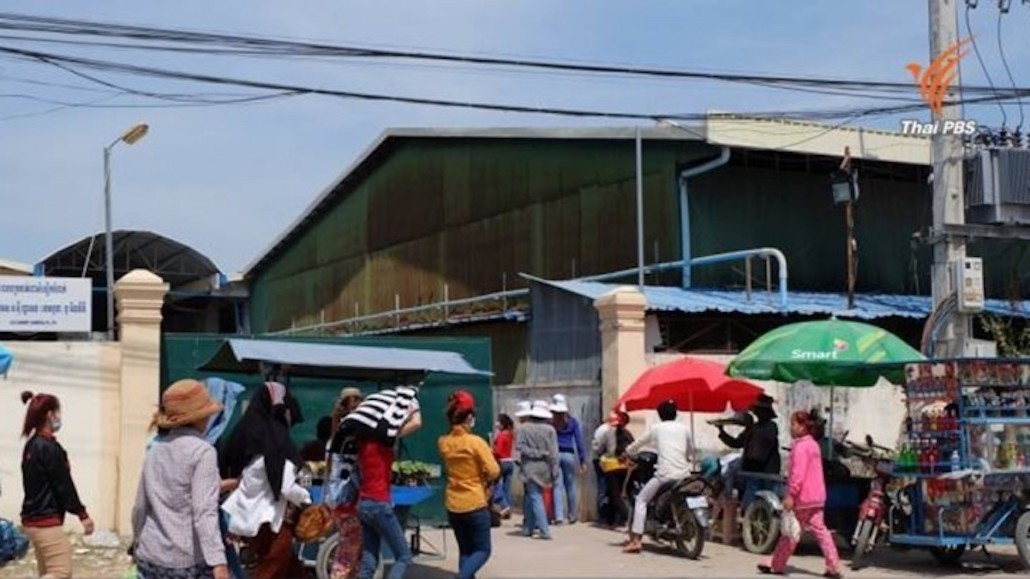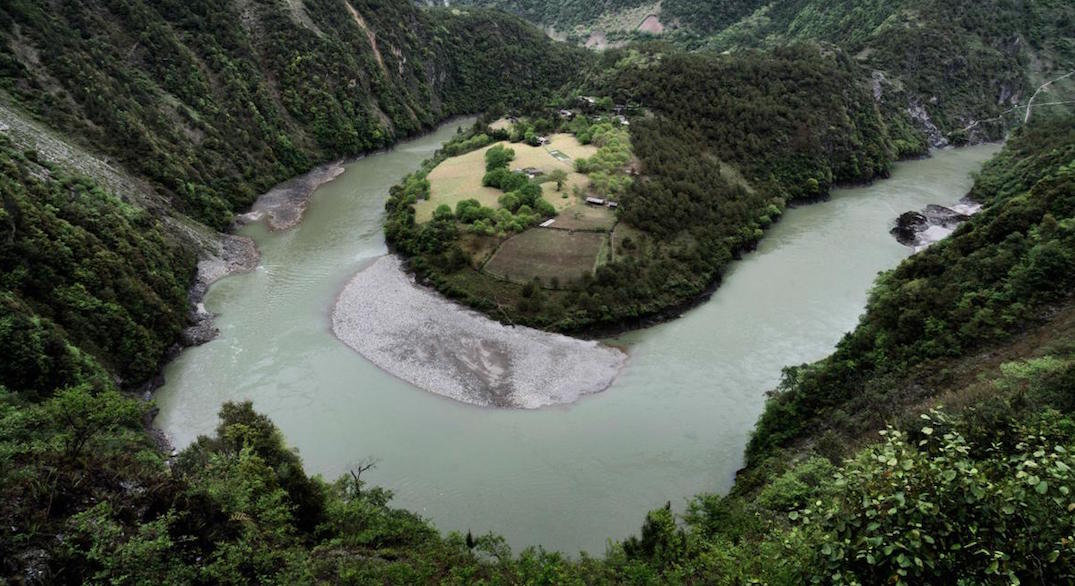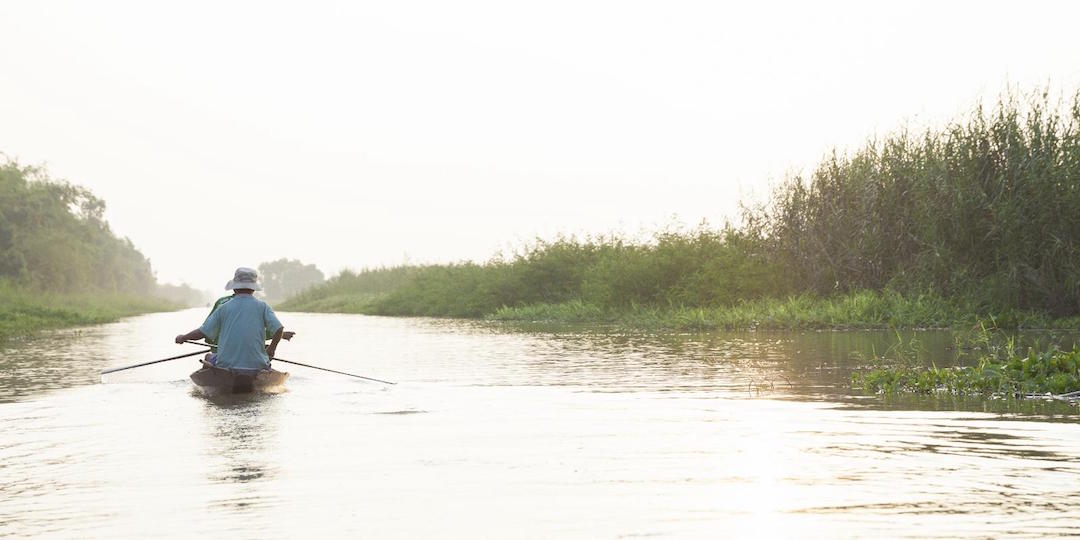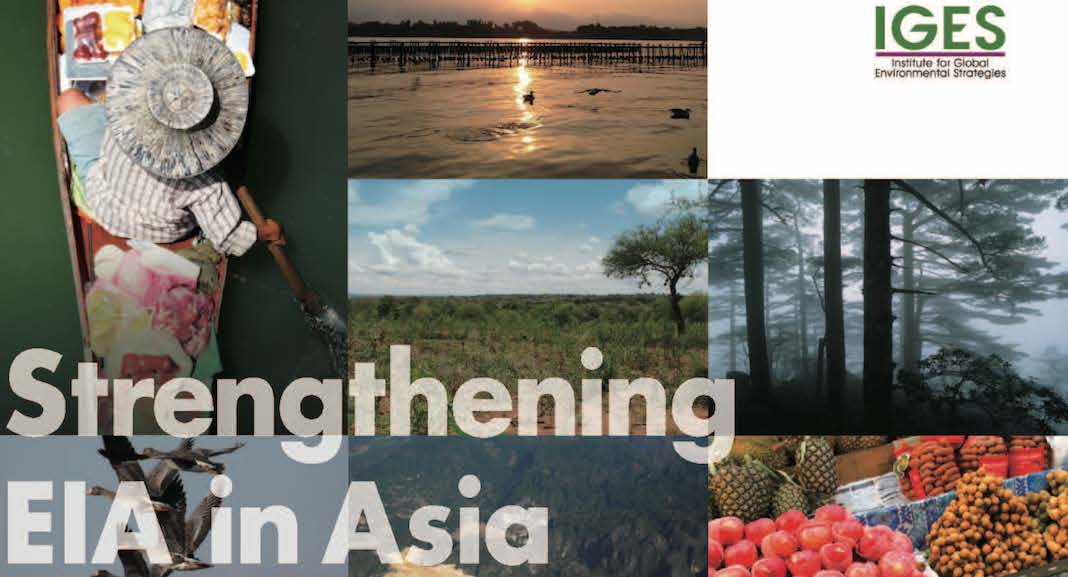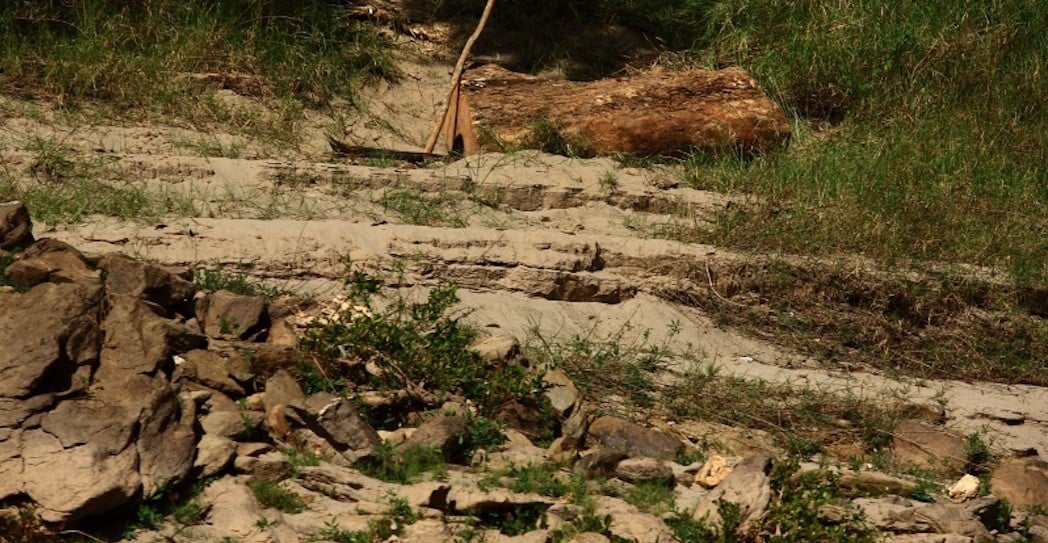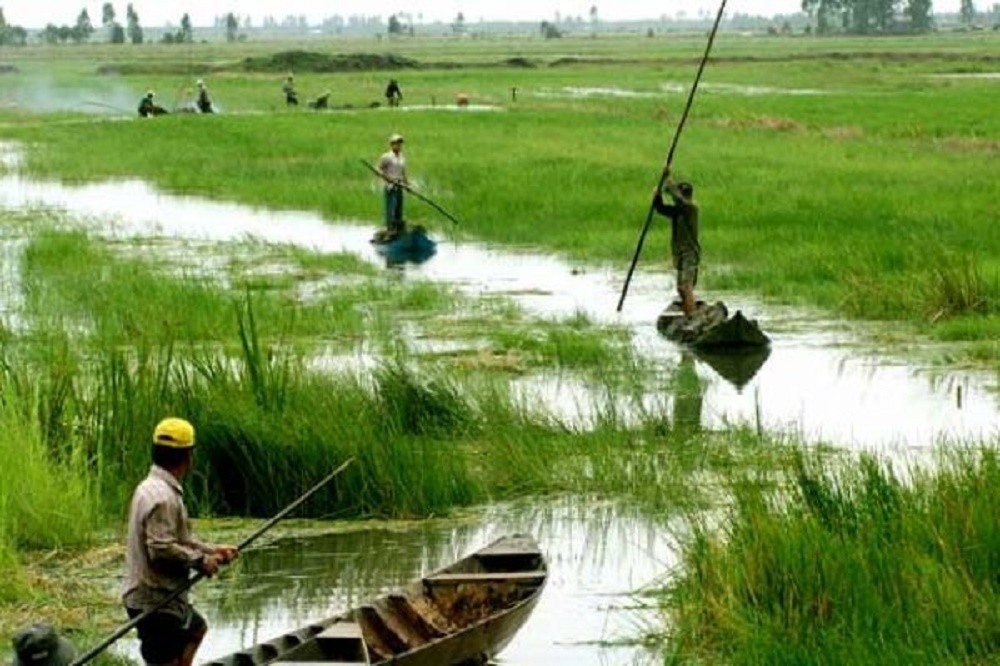Vietnamese state agencies have been insisting on the necessity of continued development of coal power plants, affirming that this is the best solution for Vietnam as coal power is cheaper than wind and nuclear power.
However, scientists have argued that coal power is not as cheap as thought, saying that the price Vietnam has to pay for coal power would be very high if counting all the expenses related to social and environment problems.


